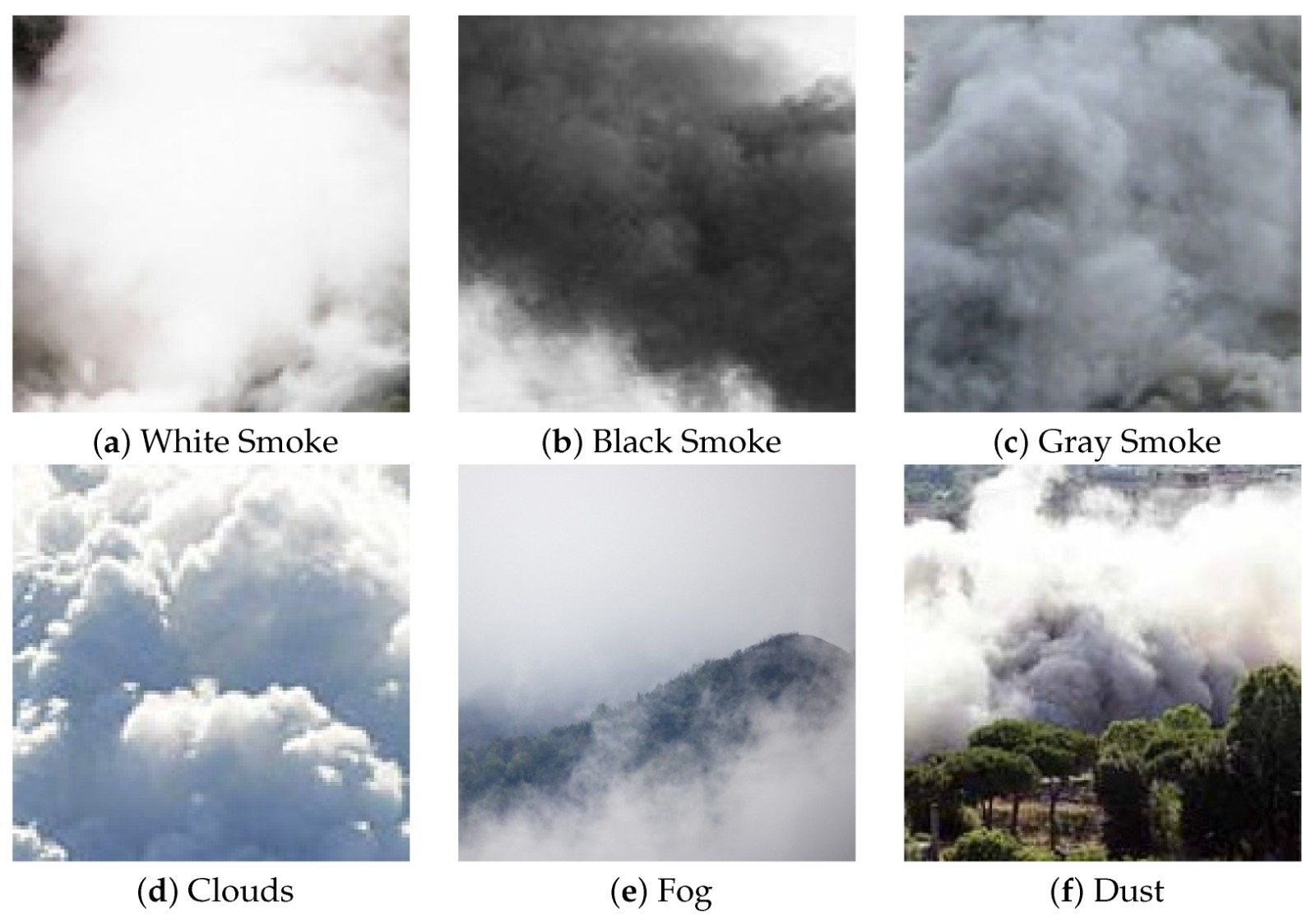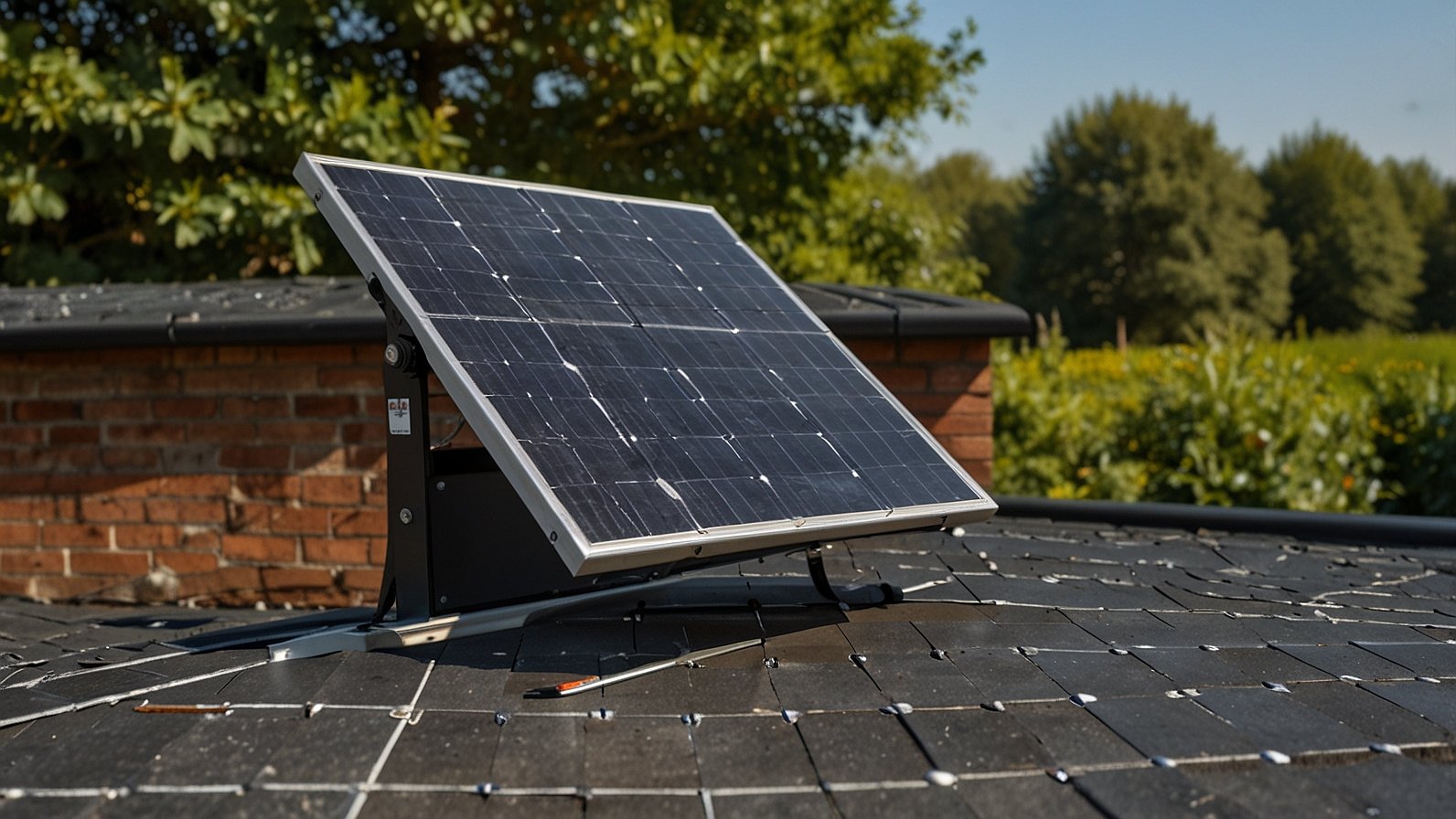Smart technology is quietly reshaping how we protect our homes. One of the most surprising upgrades? Smoke detectors. Today’s smart smoke sensors do far more than beep when there’s smoke. They’re becoming multi-talented watchdogs that monitor air quality, detect hazards early, and keep you in the loop wherever you are.
Smoke detection has evolved
Traditional smoke detectors have one job: alert you when there’s smoke in the air. But smart sensors go several steps further. These detectors can distinguish between burnt toast and a real emergency using advanced technologies like photoelectric sensors, temperature sensing, and even air particle analysis. That means fewer false alarms and faster response in genuine danger.
But here’s where it gets more interesting: many smart smoke detectors today are part of a much broader system. A HomeKit smoke detector, for instance, can connect with your Apple ecosystem and trigger other actions like turning on lights, unlocking smart locks, or sending alerts to your phone, even when you’re not home.
Monitoring more than just fire
Smart sensors now have the ability to measure carbon monoxide, temperature shifts, humidity, and even volatile organic compounds (VOCs). This means they can help detect things like gas leaks or poor air quality long before you notice anything is wrong. Some models can even integrate with HVAC systems to adjust airflow automatically.
If you live with children, elderly family members, or anyone with respiratory issues, that extra level of monitoring can bring real peace of mind. It’s like having a built-in health assistant tucked away in your hallway ceiling.
The power of real-time alerts
One of the biggest advantages of smart detectors is that they communicate with you, not just beep in your home. If something’s off, you’ll get a real-time alert on your phone. Whether you’re at work, out shopping, or on vacation, you’re always in the know.
Many systems also keep a log of events, so you can track trends in air quality or spot a problem brewing. Some sensors can even differentiate between rooms, helpful for larger homes or cottages where different areas may have different conditions.
What to look for in a smart sensor
If you’re thinking about upgrading, look for a detector that offers more than just smoke detection. Features like CO monitoring, smart home integration, battery backup, and voice alerts can all make a difference.
Owl Wired is a newer option that’s gaining attention for its precision and ease of integration. It’s compact, fast to install, and built to adapt to modern home environments with minimal fuss.
Final thoughts
Smart smoke detectors are no longer a futuristic luxury. They’re a practical upgrade that makes homes safer, more responsive, and more aware of what’s happening in the air around us. They don’t just detect smoke, they help you stay one step ahead.










